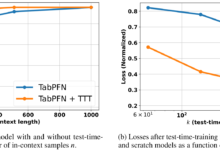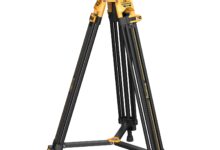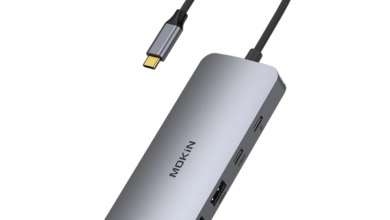
Dissertation Methodology: The Unspoken Research Methods
The methodology chapter is one of the essential sections to cover while writing your thesis or dissertation. Writing research methodology appropriately is crucial as it allows readers to evaluate the validity and reliability of your document.
After all, whether the observer feels confident enough to imitate a ‘good methodology’ is the litmus test. To instill that amount of confidence in your reader, you must be clear and accurate.
But how can you write a methodology for a dissertation that is clear and precise? To begin, determine the main components of a research method.
Table of Contents
What is research methodology?
The constructive “how” of any specific piece of research is simply referred to as research methodology. More precisely, it is concerned with how a researcher conducts a study in an organized manner to produce accurate and trustworthy conclusions that approach the research goals and objectives.
Primarily, the methodology includes:
- What type of data to include or ignore?
- Sampling design of the research
- Data analysis and collection methods
A robust research methodology in a dissertation or thesis explains what methodological decisions were taken and why they were chosen.
The methodology chapter should validate design decisions by demonstrating that the methodologies and techniques used are the best match for the study aims and objectives and will offer reliable and valid results. A sound research methodology is essential to yielding scientifically solid results.
Below, we will discuss some practical and straightforward research methods to assist you in crafting a robust methodology section.
Start by explaining your methodological approaches.
Begin by explaining your general research strategy. What research argument or subject did you investigate? For example, would you want to methodically characterize something’s qualities, investigate an under-researched field, or demonstrate a cause-and-effect association? And what kind of information did you require to accomplish this aim?
Depending on your field and strategy, you might also like to start by explaining the reasons and assumptions that drive your methodology.
- Which data did you require to complete your research?
- Did you receive an outsider’s help to gather data, or did you solely do it?
- Did you collect experimental evidence by controlling and changing variables or descriptive data by observing and without intervening?
- Why is this the best method for solving your research questions?
- Is this a standard approach in your profession, or does it need to be justified?
- Were there any ethical concerns in your decisions?
- What are the validity and reliability criteria in this sort of research?
What are qualitative and quantitative studies?
Quantitative experimental research may seek to generate generalizable information about the causes of phenomena. A well-organized study under controlled settings that other researchers can duplicate is required for proper analysis.
A qualitative ethnography may seek to provide a contextual real-world understanding of a particular group of people’s activities, social structures, and collective ideas. Because this approach is less controlled and more interpretative, you will need to evaluate your role as a researcher, considering how your involvement and perspective may have impacted the results.

Define your research approach
Following that, you should clarify whether your dissertation was ‘deductive’ or ‘inductive.’ What’s the distinction? Well,
- Deductive research puts a single hypothesis to the test, generally in an unusual location or with an unusual demographic group. It works best with positivist philosophy.
- Inductive research investigates a specific occurrence and utilizes the data to develop new ideas. It is best suited to the interpretive paradigm or postmodernism.
Deductive research is best thought of as a “top-down” or “theory-led” method, whereas inductive research is thought of as a “bottom-up” or “findings-led” approach.
If you’re not sure, consider if you created a hypothesis or not. Your study is most likely deductive if you have constructed a solid hypothesis.
Describe your analytical approaches
You should explain how you processed and analyzed the data. Avoid getting into in-depth information; you should not begin presenting or debating your findings at this point.
Your analysis in quantitative research will be based on statistics. You may include the following in the methods section:
- How did you prepare the data before studying it?
- Which software did you employ to examine the data?
- Which statistical tests did you employ?
In qualitative research, you will focus on language, visuals, and observations. Methods that can be utilized include:
- Thematic analysis
Thematic analysis is the process of coding and thoroughly scrutinizing data to uncover significant themes and patterns.
- Discourse analysis
Discourse analysis deals with the study of communications and interpretation in the context of their social setting.
- Content analysis
Content analysis is the process of classifying and evaluating the vocabulary, phrases, and statements.
Examine and defend your research methodologies.
Your methodology should explain why you picked these specific approaches, especially if you did not adopt the most conventional approach to your topic. Discuss why other methods were ineffective for your objectives and demonstrate how this strategy adds new information or insight.
You can admit to flaws or drawbacks in your chosen strategy but explain why the advantages exceeded them.








